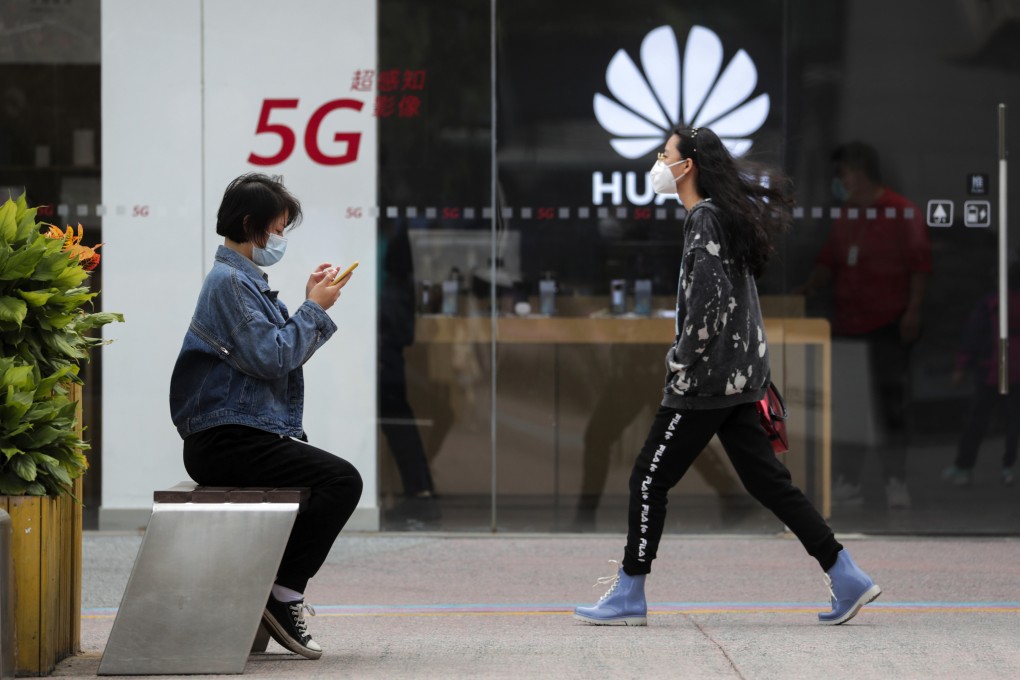Huawei cloud computing executive plays down the need for advanced chips in AI development
- Moving computing power from terminal devices such as smartphones to the cloud will ‘reduce power consumption and chip dependence’

Zhang Ping’an, chief executive of Huawei Cloud Computing Technologies, said that the company is seeking to reduce its reliance on semiconductors by shifting some computation from chips to the cloud.
“Our computing power is limited … We can’t rely solely on having AI chips with the most advanced process nodes to [build] AI infrastructure. We need to abandon the mindset that we can’t lead [in AI] without [the best chips]”, he said Thursday at the World Artificial Intelligence Conference in Shanghai.
Zhang said Huawei has been “releasing” computing power from terminal devices, such as smartphones and computers, to the cloud, which “will significantly reduce power consumption and chip dependence”.

“We can’t use terminal devices to handle all computation, because [computation on] the terminal is bound to be constrained by the supply of chips, energy consumption and size [of the device],” Zhang said.